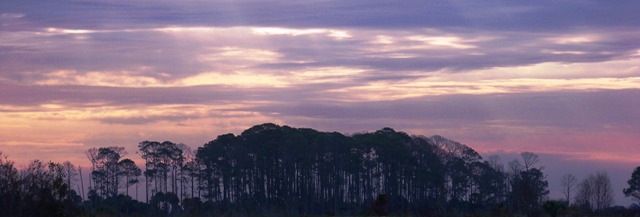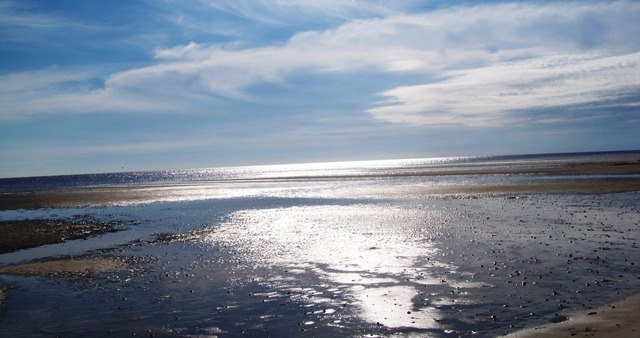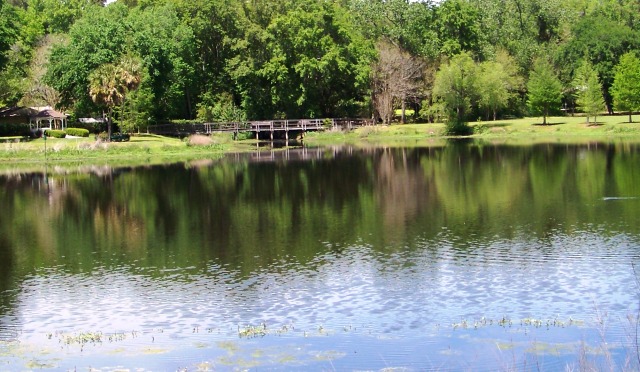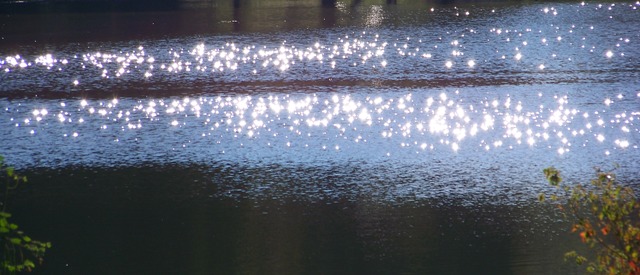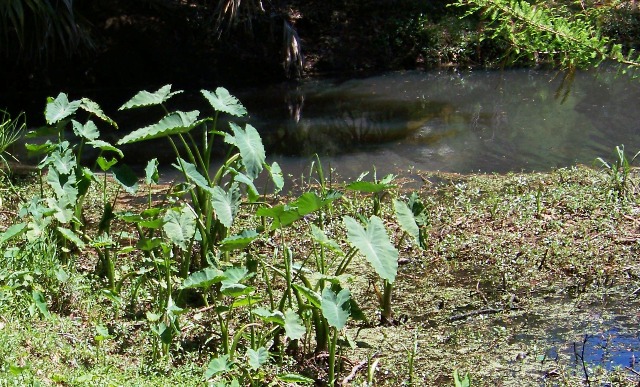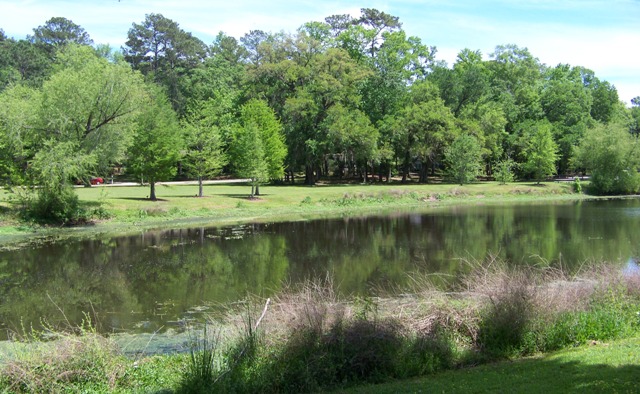I continually grasp at life, clinging to what will not be held. I want to lie in the arms of acceptance, wrap myself in its grace.
Because once in a while I get a glimpse of Buddha nature, the backdrop against which the chaos of our everyday lives plays out.
I want to define what defies definition.
I suppose I just want to know where I stand, to which Pema Chödrön would remind me that only in groundlessness do I find my center. And that’s where acceptance is too, I think.
There is a lot of worry in that word, acceptance. I know it is a long moment and has nothing to do with approval, agreement, or acquiescing. Acceptance is living the every day with grace, embracing the daily risk.
That requires acceptance of circumstances–as they are for as long as they are–with “unconditional friendliness” toward ourselves. Who we are, as we are. That is Maitri. That is grace.
It moves us to deeds we once thought impossible. It unlocks us, and each day brings us “new grace” as Eberhard Arnold tells us.
I am a risk taker. Won’t settle for satisfactory. Never have. That doesn’t sound unconditionally friendly, does it? It sounds more like someone in search of a key for a lock.
Yet, I am not inflexible. I know the future is limitless. It is mine to explore the full experience of being alive. I really try to do that, no matter how many times my life lens changes.
I am most engaged when I’m completely present to my task, immersed in risk without ever a thought to it. Mine is not to control but to experience. Without fail, the more groundless I am, the more centered I feel.
While it seems impossible at first,
you soon recognize that with everything
there is a point of balance
and you just have to find it.
(Amy Tan)
I suspect this is how we effect change everywhere–in tiny touches–surprising feats of strength all on their own. They allow us to enlarge our sense of things.
Far too often, I get lost in the minutia.
There is an oft-told story about a Hindu master and his apprentice who–I think–had a similar problem. The Hindu master sends the apprentice to purchase salt.
He tells the apprentice to put some salt into a glass of water and drink it. The apprentice says the water is bitter. The master agrees.
They go to a lake where the master tells the apprentice to throw in a handful of salt. The Hindu master instructs the apprentice to drink; he says the water tastes fresh.
Life is bitter the Hindu master says, “pure salt.” The taste of life depends upon whether we sip it from a glass or a lake. “The only thing [we] can do is … enlarge [our] sense of things.… become a lake.” (Version of Hindu story from Mark Nepo’s Book of Awakening).
This is why I meditate, to sip from something larger than life. Not to escape its bitterness but to become a lake, as comfortable with chaos as I am with constancy. To live where grace resides, in impermanence.
Whether we confine ourselves to a single glass of water or become a lake depends upon how “friendly” we are with ourselves, whether or not we drink in our confusion as readily as our sanity.
Accepting that what fuels our fire creates the circumstances of our lives. May we live in the grace of that acceptance.
Life is like that.
We don’t know anything.
We call something bad;
we call it good.
But really we just don’t know.
Pema Chödrön
